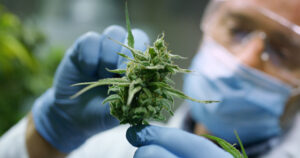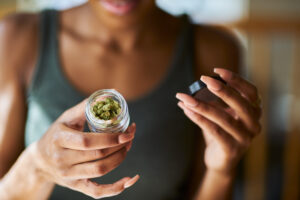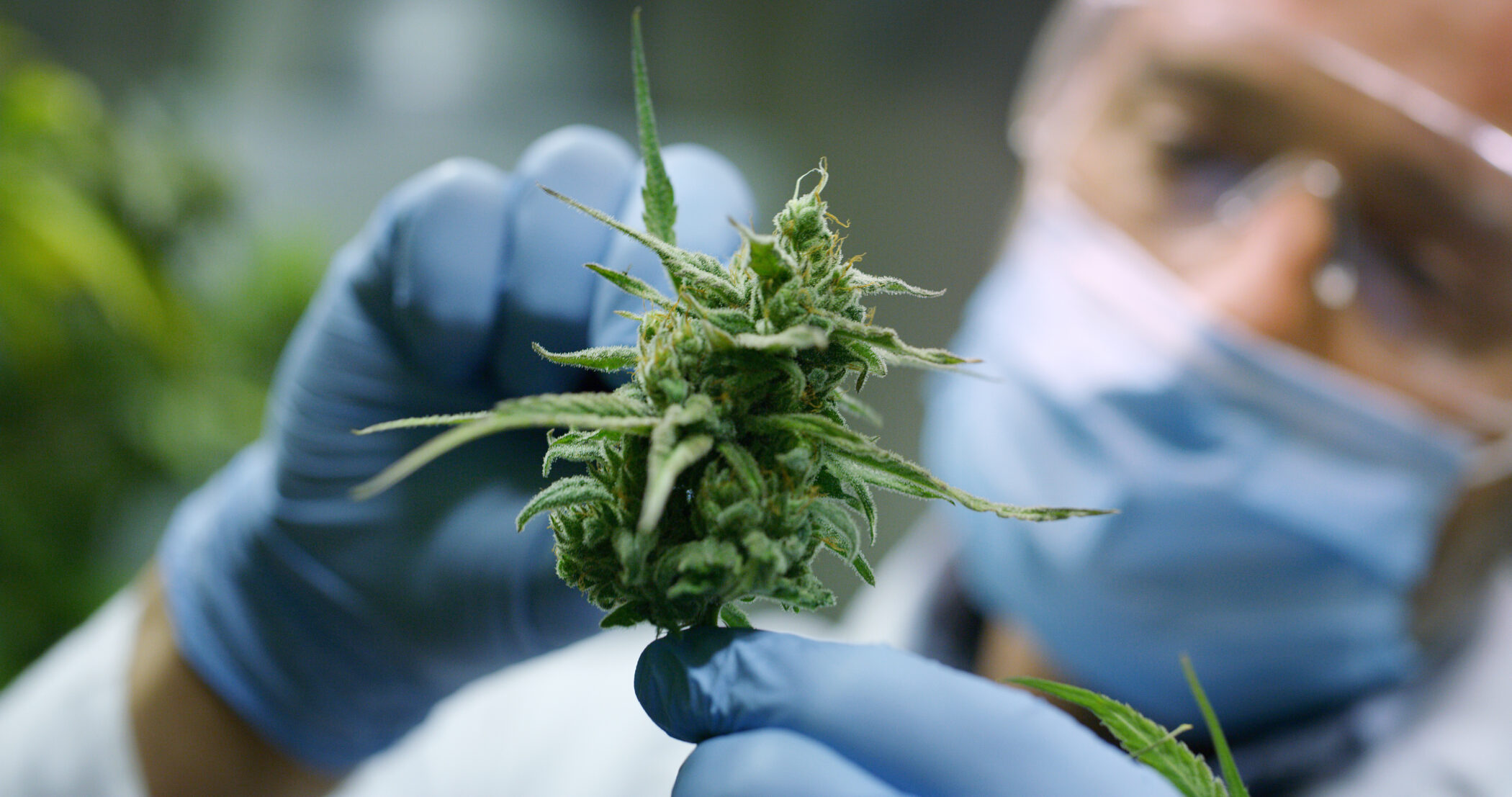
The first in a series of articles giving readers knowledge and understanding about the benefits of plant medicine and highlighting cannabis business professionals in our local space.
Marijuana. Weed. Dope.
You’ve heard many street names for cannabis, and possibly still hold onto stigmas related to refer madness. Yet this plant has many medicinal qualities and has been used as a plant medicine by many cultures across the globe for centuries.
Drugs like cannabis, listed as Schedule I by the Federal Drug Enforcement Administration (FDA), are said to have a high potential for abuse and no medicinal qualities. This puts cannabis next to drugs like cocaine, heroin, and crack.
However, the Pennsylvania Department of Health has legalized cannabis for patients suffering from dozens of prescribed medical conditions and the plant was deemed essential during the global pandemic.
So why is cannabis still listed as a Schedule I drug in the US?
As of 2022, a total of 41 states, as well the District of Columbia and Puerto Rico, have medical cannabis programs and 23 of those have decriminalized cannabis or have full adult-use programs.
Despite the fact that states have been able to create their own cannabis departments to run their programs, due to its federal classification, the government will not allow legal cannabis companies to safely bank in America.
The Controlled Substances Act passed by United States Congress and signed into law in 1970 is still in effect today. Substance classification is determined only by the FDA and the Food and Drug Administration (FDA).
The hope in the industry is that the government will rewrite history by recognizing what we now know about the plant, and free the nonviolent cannabis prisoners still sitting in jail over the same plant that many are making legal profits on every day.

What makes CBD different?
Cannabidiol (CBD) is an active cannabinoid in cannabis that is derived from the hemp plant, but it does not cause a “high” and is not addictive. Think of it as more of a vitamin than a tool to get stoned.
CBD is a cannabinoid, a structural class of compounds found in the cannabis plant. Ingesting any cannabis product (CBD or THC) orally means it will be digested differently than smoking, due to what is called the endocannabinoid system. This is a widespread neuromodulator system that plays important role in the central nervous system.
In December 2018, the Farm Bill was signed into law by President Trump. This bill removed hemp and its derivatives from the definition of “marijuana” in the Controlled Substances Act (CSA). The bill preserved the FDA’s authority over hemp products – meaning they must meet any applicable FDA requirements and standards, just like any other FDA-regulated product.
How do I get my MMJ card?
If you are looking for high-grade CBD and state-approved THC cannabis, then you must first be diagnosed by an authorized medical professional in PA as having an “approved serious medical condition.” The complete list of these conditions can be found at www.health.pa.gov
If you have an approved condition, then in the Commonwealth of Pennsylvania, you are eligible to become a medical cannabis patient. First, you register for the PA program through the Medical Marijuana Registry, get your certification from a certified physician, pay for your MMJ card, and then visit an approved dispensary in Pennsylvania.
Since the pandemic, you can now do a telemedicine appointment with an authorized physician, right from the comfort and convenience of your home without having to be seen in an office. Companies like Releaf Specialists, Compassionate Certification Centers, and Medical Marijuana Specialists will take medical records and charge between $125 – 200 for a new patient certification. Patients also need to renew their certification with the state each year.
Upon your first visit to a dispensary, PA requires you to visit with a pharmacist to discuss your needs as an MMJ patient. The pharmacist is such an asset to discuss what current medications you’re on and what sort of results you’re hoping for with medical cannabis.
Before You Buy
After the Farm Bill took effect, we now see CBD shops opened in neighborhoods across the nation. We’ve seen a cannabis explosion – it seems cannabis is everywhere! CBD is sold everywhere from glass shops and gas stations to high-end local boutiques.
Before you buy, it’s important to understand that CBD not sold at licensed medical cannabis dispensaries may not have been tested and the labels may not be giving you the full understanding of what is in the product. Just as you would research the best vitamins and supplements to take, investigate your CBD products as well to see if the hemp-derived CBD has been third-party lab tested to ensure that you are buying products that are safe.
We have several CBD shops and growers locally in Pittsburgh that you can trust. PENN’S CHOICE, for example, is a family-owned and operated hemp farm in Butler, PA, and their products are top-notch and sold online as well as in shops around the region.
Shops like Moodporium in Sewickley, Total Peace and Wellness, and Hippie & French in Lawrenceville have excellent products and supportive staff that will work with you to find the most suitable products for your needs. Before running to the gas station to buy your medicine, visit a local shop and get to know the experts right here in your community that can assist you on your wellness journey.

Knowledge Is Power
It’s time to recognize that our health and wellness need to take priority in our lives, and if traditional pharmaceuticals either cause unbearable side effects or are just not working, there is an approved and legal way to heal with cannabis in Pennsylvania.
If you’re new to cannabis, please remember to start low and go slow. You can always take more – but you can’t take less. The side effects of overconsumption make some patients feel anxious or sleepy, so like any new medication, try it out only when you have time to test your personal reaction.
Cannabis is not for everyone, but it can be a safe alternative medicine for many. Talk to your doctor about its potential and seek local resources like Sunnyside’s Medical Marijuana Education Center in the Strip District. It begins with opening our minds to the idea that plant medicine is a viable source for healing, and education is the most important tool to ending the stigma. Let’s learn and grow together.
Gina Vensel is a founding partner at Plant Media Project, a women-owned media company specializing in cannabis and psychedelic advocacy, education, and marketing. She is the co-host of “The Vine: A Plant Media Project Podcast,” exploring the changing landscape of cannabis and psychedelics. In addition to PMP, she is the owner of Easy Street Promotions, a Pittsburgh-based marketing and events company that has been producing events in the region for over twenty years. Follow her on twitter at @eventsgeek and learn more by visiting linktr.ee/ginavensel.
